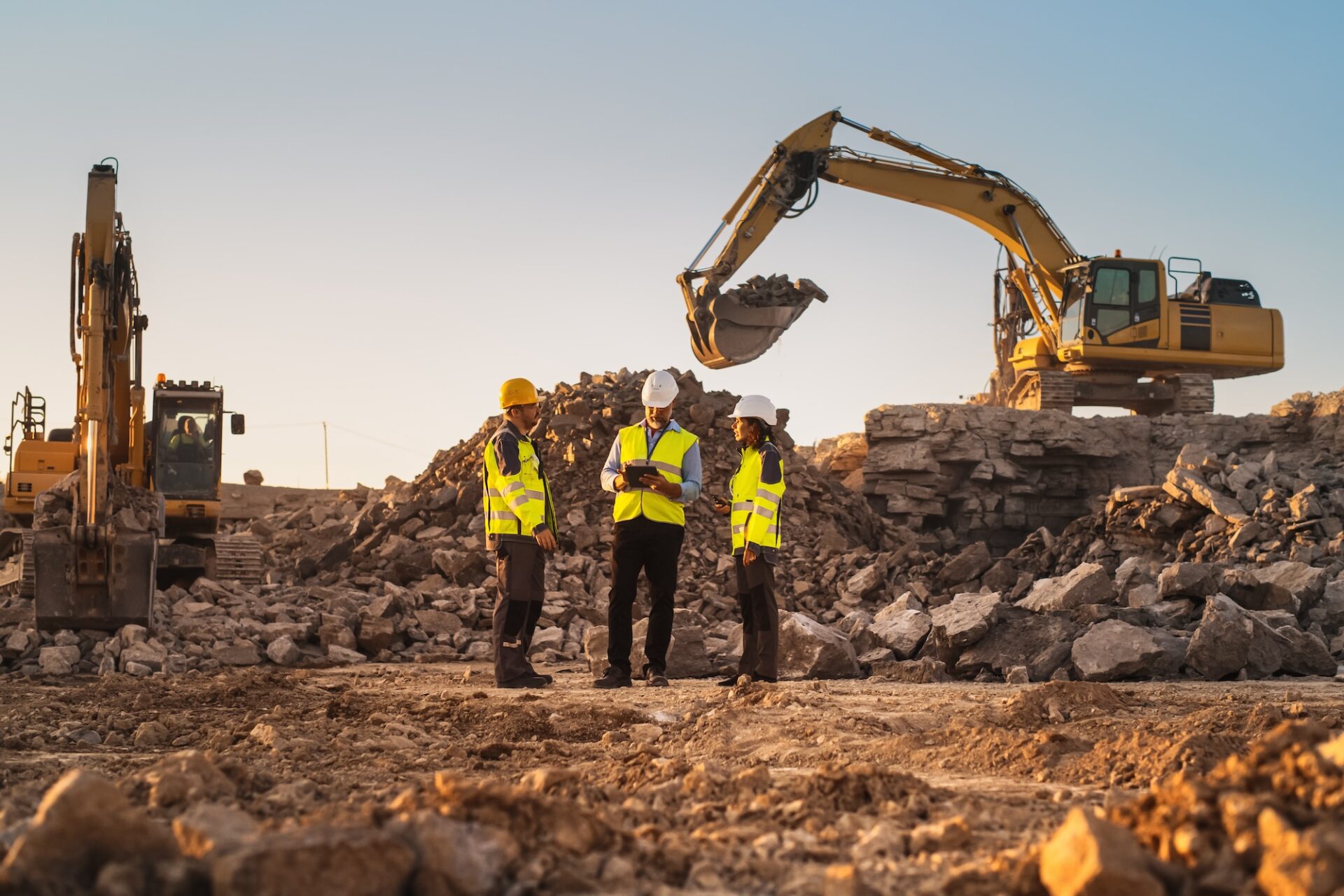Bardee’s rise and demise
The recent news of Bardee’s collapse has brought attention to the challenges faced by start-ups in Australia. Bardee, an eco-start-up that transforms food waste into products such as certified organic fertiliser and soil enhancer, had successfully raised $8 million and secured its products in Bunnings. Despite these achievements, the company found itself in financial difficulties leading to liquidation.
Several factors contributed to Bardee’s collapse. Founded in 2019, the start-up experienced rapid growth that appears to be unsustainable. While rapid growth can look like a positive indicator, it often places immense pressure on operational and financial structures, leading to potential cash flow issues and financial instability. Further, Bardee’s business model, while innovative, seems to have struggled with scaling sustainably.
Compounding these financial pressures were challenges in managing revenue streams and operational costs effectively. Additionally, the start-up faced intense competition and market pressures that further strained its resources.
As Bardee’s liquidation process unfolds, the company’s financial challenges serve as a critical lesson for other start-ups on the importance of having a scalable and sustainable business model. Ensuring robust financial management practices and being mindful of the pace of growth can help mitigate the risks associated with rapid expansion.
One of the key issues highlighted in Bardee’s case study is the importance of workplace safety. The tragic incident involving a Bardee employee serves as a reminder to all start-ups to prioritise employee wellbeing and ensure rigorous safety measures are in place. For example:
• Invest in safety culture: Comprehensive safety training, implementing strict protocols and fostering a culture of work health and safety awareness are essential steps for any start-up.
• Proactive financial risk management: Maintaining adequate cash reserves, diversifying revenue streams, as well as closely monitoring expenses are vital for long-term financial stability.
• Monitor financial wellbeing: Performing regular financial health checks and scenario planning can help identify potential issues before these escalate, allowing founders to take prompt corrective action. This is particularly important for start-ups, which often operate with limited resources and may be more vulnerable to financial shocks.
Key risks for start-up founders in FY25
Australian start-ups need to be extra vigilant in forecasting risks and making adjustments as they navigate a challenging business and economic climate. Here are some of the top risks to plan for and mitigate in FY25:
• Technological and cybersecurity risk: Stay informed about technological advancements and invest in robust IT infrastructure. Regularly update systems, use secure cloud storage and implement strong cybersecurity measures to protect sensitive data.
• Data risk: Implement strong data management practices, including secure data storage, regular backups and strict access controls. Develop a comprehensive data privacy policy and ensure compliance with relevant regulations, such as the Australian Privacy Principles (APPs). Regularly train employees on data handling best practices and conduct periodic risk assessments to identify and address potential data breaches or vulnerabilities.
• Legal and compliance risk: Stay informed about relevant laws and regulations, such as data privacy, intellectual property and employment laws. Seek professional advice to ensure compliance and protect your start-up from potential legal issues
• Financial risk: Monitor cash flow, maintain adequate cash reserves and diversify revenue streams. Regularly review financial statements and conduct scenario planning to identify potential financial risks early.
• Workplace safety risk: Prioritise employee wellbeing by implementing comprehensive safety training, strict protocols and fostering a safety culture. Regularly assess and update safety measures to ensure compliance with legislation, such as the Work Health and Safety Act 2011 (Cth) and industry standards.
• Talent management risk: Develop a strong company culture, offer competitive compensation packages and provide opportunities for professional growth to attract and retain top talent. Implement succession planning to ensure key roles are filled and knowledge is transferred effectively.
Lessons and actions start-up founders should consider
The collapse of Bardee serves as a reminder of the importance of proactive measures and seeking support when necessary.
By prioritising workplace safety, financial risk management, innovation and adaptability, start-ups can increase their chances of success and resilience in the face of complex challenges.
As a director or owner of a start-up in Australia, it is essential to learn from the experiences of others and take serious steps to safeguard your operations.
Seeking professional advice from experienced small business debt experts and corporate advisers, for example, can provide valuable insights and strategies for assessing financial health, implementing robust risk management practices, as well as developing effective turnaround strategies if needed.
Taking decisive action to address and reduce potential risks can help secure your business’s long-term strength and endurance in the face of the current economic climate in Australia.
Gain the financial insights and strategies your business needs to succeed. Contact AVA Advisory by calling 1300 181 220 or book a confidential, obligation-free consultation through our online platform.







